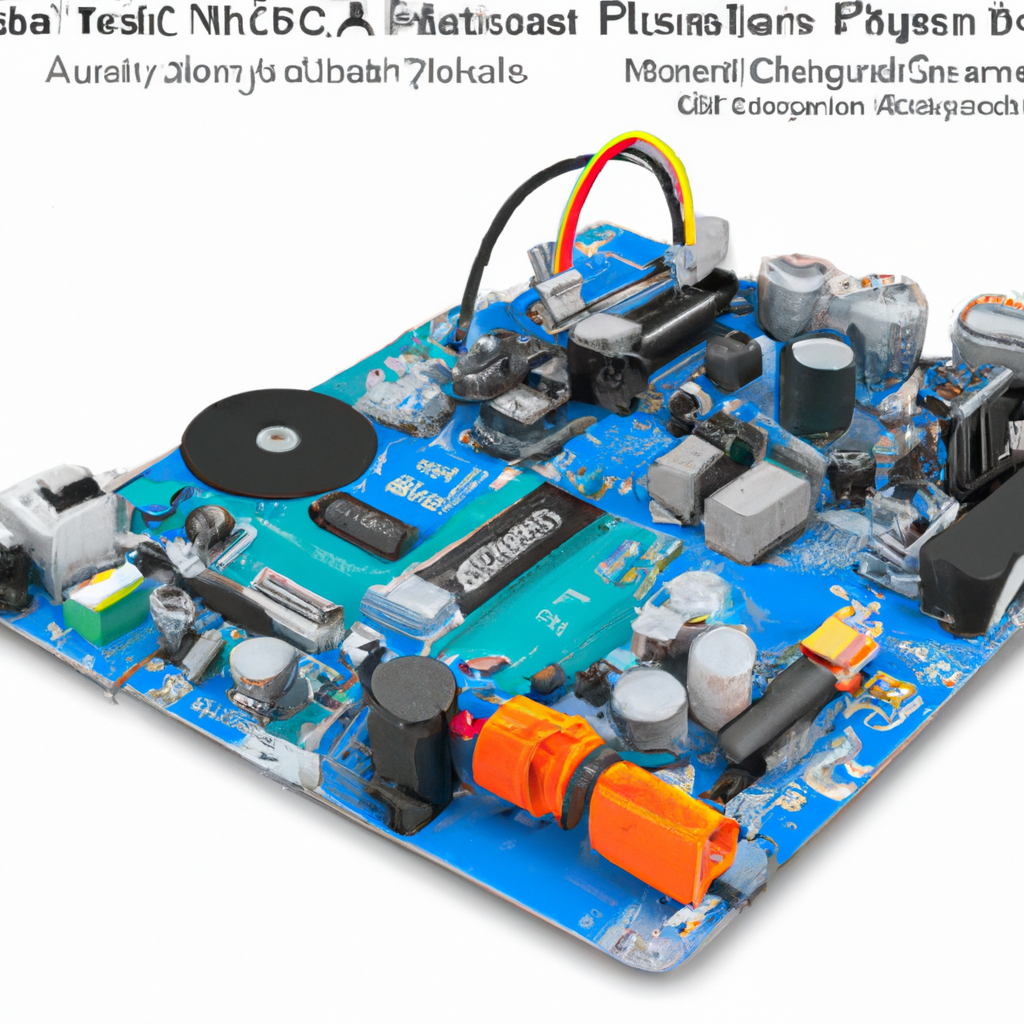VLC vs Proprietary Media Players - A FOSS Alternative Exploration
Balancing Privacy and Convenience in Media Consumption
In today’s digital world, media players are crucial for accessing content. However, convenience often comes at the expense of privacy. This guide explores how VLC, a free and open-source software (FOSS) media player, prioritizes both privacy and user freedom.
“Transparency is key, and with VLC, you have the freedom to modify your media experience.”
Understanding Media Players: FOSS vs Proprietary
When choosing a media player, it’s important to know the difference between FOSS and proprietary options. FOSS players like VLC offer user freedom and access to source code. In contrast, proprietary players may provide seamless updates and integrated ecosystems but often lack transparency in data handling.
The Core Benefits of VLC as a FOSS Media Player
VLC stands out with its open-source power and copyleft licensing, ensuring the software remains free and modifiable. Community-driven, VLC benefits from dedicated maintainers who keep it updated and secure, helping users navigate the ever-changing digital landscape.
Privacy and Security Considerations in VLC
VLC emphasizes user privacy and security. It uses encryption for media streaming, ensuring only you and the intended recipient can access the content. By understanding media-specific threats, VLC effectively reduces vulnerabilities often found in proprietary players.
“With encryption, VLC prioritizes your privacy, offering a secure streaming experience.”
Convenience and Flexibility: VLC’s Feature Set
VLC offers a wide range of features without compromising privacy. It supports numerous file formats and codecs, and its customizability through plugins and extensions makes it stand out. This versatility makes VLC a powerful tool for both convenience and user empowerment.
Real-World Examples: VLC in Action
Imagine streaming media in secure environments where privacy is crucial. VLC acts as the ‘Swiss Army Knife’ of media players, handling various scenarios with ease. Its practical applications demonstrate its ability to navigate complex environments without added complexity.
Technical Deep Dive: How VLC Maintains Performance
VLC enhances performance using advanced techniques, improving search functionality. Through efficient performance across devices, VLC maintains high-quality output. These technical elements support VLC’s reliability and user-friendly nature.
VLC’s Role in the Larger FOSS Ecosystem
VLC actively contributes to the FOSS community, fueling innovation and collaboration. Its impact is seen in the continuous advancement of software freedom, emphasizing the importance of community contributions. This transparency and freedom to modify inspire a community-driven future.
“In the FOSS realm, VLC exemplifies how transparency and community collaboration drive software evolution.”
Addressing Common Concerns: Myth-Busting VLC
There are myths about VLC and other FOSS media players, particularly regarding security and performance. However, VLC is a robust, secure option that maintains high performance. Using VLC dispels misconceptions and empowers informed decision-making.
Conclusion: Actionable Takeaways
Switching to VLC is easy—just install the software and configure it to your needs. Connect with the vibrant FOSS community for ongoing learning and support. Embrace VLC’s community-driven development and open-source power to enhance your digital privacy and media experience.
